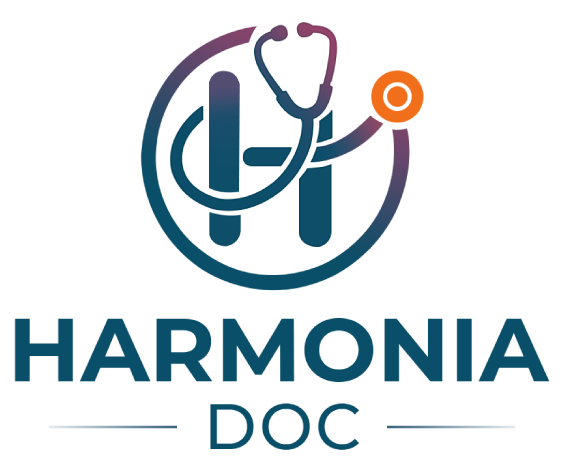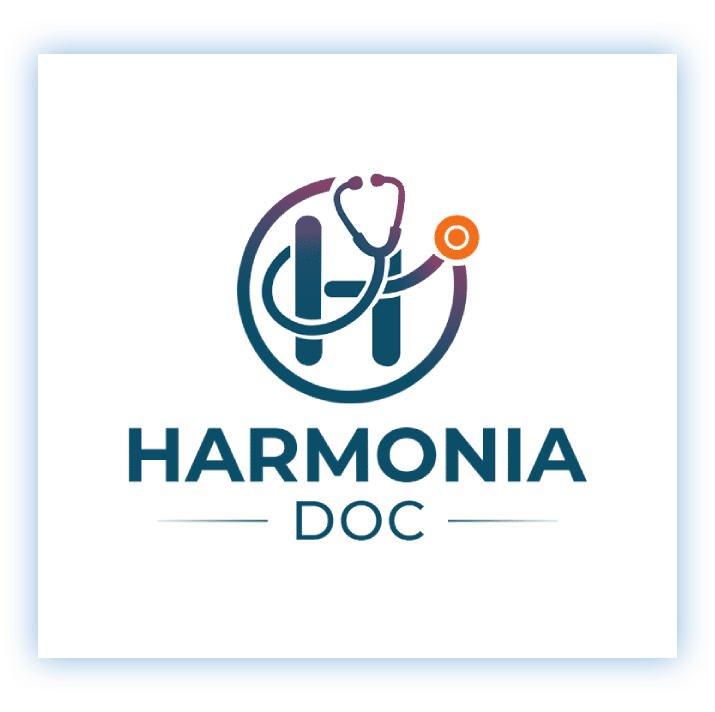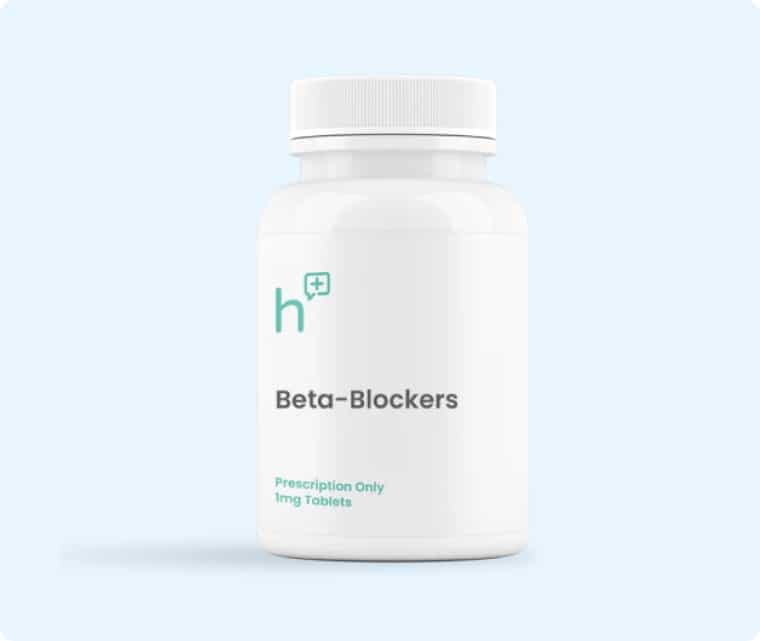

Create an account, provide your basic information, and book a virtual consultation with a licensed holistic health professional.

Connect with a healthcare provider through our secure telemedicine platform to discuss your health concerns from the convenience of your home.

Following your consultation, your doctor will develop a personalized treatment plan designed to address your specific needs.

Once your treatment plan is in place, you can arrange for prescribed medications to be delivered to your door or schedule follow-up appointments as needed.







Beta blockers are effective in managing the physical symptoms of anxiety, especially in high-stress situations. Medications like propranolol can help reduce symptoms such as rapid heart rate, trembling, and sweating. Understanding how beta blockers work can guide you in deciding whether they’re the right solution for your needs.

Beta blockers can help manage anxiety-related physical symptoms during stress tests. By regulating heart rate and blood pressure, they contribute to more accurate test results. Healthcare providers may recommend them for patients with significant pre-test anxiety.

Beta blockers are effective in reducing the physical symptoms of social anxiety, such as trembling hands, a racing heart, and sweating. They help individuals feel more composed in social settings. However, they don’t directly address the emotional aspects of anxiety.

People commonly use beta blockers to manage performance anxiety, specifically during public speaking. They help control physical symptoms like rapid heartbeat, allowing individuals to stay focused on their presentation or performance without being distracted by stress responses.
Beta blockers, such as Propranolol (Inderal), are commonly prescribed to manage anxiety-related symptoms. They help alleviate the physical effects of anxiety, such as a racing heart and trembling, and are particularly well-studied for performance-related anxiety.
Beta Blockers for Anxiety
Propranolol (Inderal):
Other Beta Blockers:
Beta blockers work by blocking the effects of adrenaline and other stress hormones on the body. They prevent these hormones from binding to beta receptors in the heart and blood vessels, helping to regulate physical responses such as heart rate and blood pressure.
When used to treat anxiety, beta blockers can reduce symptoms like a racing heartbeat, trembling, and sweating. While they are effective at managing physical stress responses, they do not directly address the emotional aspects of anxiety.


The proper dosage of propranolol depends on your individual needs and the specific situation. Your healthcare provider will assess your medical history and current circumstances to determine the appropriate dose for anxiety management.
Never adjust your propranolol dosage without consulting your healthcare provider. Overdosing can be harmful. Always follow your healthcare provider’s prescription, considering factors such as:
Several factors can influence whether beta blockers are the right choice for you. Certain health conditions require careful consideration before starting treatment, including asthma, respiratory issues, heart problems, low blood pressure, diabetes, and depression.
Beta Blockers and Alcohol
Beta blockers can interact with alcohol, potentially increasing side effects like dizziness or low blood pressure. It’s important to discuss your alcohol consumption with your healthcare provider, who can advise if any adjustments are needed while using the medication.
Beta Blockers and Other Medications
Beta blockers may interact with various medications, including those for blood pressure, antidepressants, heart treatments, and even over-the-counter pain relievers. Always provide your healthcare provider with a full list of medications and supplements you’re taking to prevent any harmful interactions.
Consult with Your Healthcare Provider
Your healthcare provider will assess if beta blockers are suitable for your specific needs. This overview outlines key factors but is not a complete list of all contraindications. Always inform your provider about any existing conditions to ensure your safety and well-being. Following their advice will help you achieve the most effective and safe treatment.

Beta blockers may cause respiratory side effects in individuals with asthma, so it’s important to consult your healthcare provider before taking them if you have a breathing condition.
Combining alcohol with beta blockers can amplify side effects such as dizziness and low blood pressure. Always consult your healthcare provider before consuming alcohol while taking beta blockers.
Beta blockers are primarily used to manage situational anxiety (e.g., public speaking or stress tests) and do not address the emotional components of anxiety disorders like GAD.
While beta blockers are effective in managing physical symptoms of anxiety, they are typically prescribed for short-term use, especially for situations like public speaking or stressful events. Long-term management may require other therapies.
There are several natural alternatives, such as mindfulness, exercise, and herbal remedies, but they may not be as effective for managing physical symptoms of anxiety like beta blockers.
The typical dosage range for propranolol for anxiety is 10-80 mg per dose, but the exact dosage will depend on your individual needs and the situation.
No, beta blockers should only be taken under the supervision of a healthcare provider, as they need to assess your medical history and specific needs before prescribing them.
Beta blockers, such as propranolol, work by blocking the effects of adrenaline and other stress hormones, which helps regulate physical symptoms of anxiety like rapid heartbeat and trembling.
